By Stephen Lewis
Cleanliness and hygiene have come into focus now more than perhaps ever before. When the COVID-19 pandemic began sweeping the world, people bought up hygiene products at record speeds. Neat, sanitized office spaces were already important to employees — A December 2018 study found a direct connection between clean, organized workplaces and team member productivity and satisfaction. But now, workers are even more likely to expect and value clean spaces to work.

By establishing protocols that promote hygienic workspaces, commercial real estate and property management firms can help lessees make employees feel safer and increase their productivity. Plus, companies renting the space are less likely to complain and more apt to renew leases if the space is well-maintained and managed.
Now more than ever, property executives should focus their attention squarely on promoting hygiene. Begin by working on these three best practices:
1. Maintain and revisit contracts with a variety of cleaning experts. An expert window cleaner is not necessarily an expert floor cleaner. Instead of hiring a janitorial company skilled in dusting and emptying trash to perform all cleaning duties, identify specialists for each job. Then, conduct regular vendor audits.
Auditing serves two purposes. For one thing, it ensures high standards are met. Additionally, audits provide shareable and transparent documentation. To adhere to the desired open-book management style (ultimately building trust and reassurance), it would be simple to release the results of cleaning vendor audits to tenants and their workers.
2. Measure levels of indoor air quality, moisture, and temperature. According to the U.S. Environmental Protection Agency, Americans spend a whopping 90% of their time indoors. For this reason, indoor air quality has become a huge concern. Air filled with pollutants like particulate, mold, biological agents, asbestos fibers, ozone, and other items can lead to short- and long-term health problems. From stuffy noses and irritated throats to heart disease and even certain cancers, health problems linked to poor indoor air quality can hurt the reputation of a building.
Property management teams that install air filtration systems and find alternatives to moisture-fostering carpet cleaning methods (like hot water extraction) can stave off employee health problems related to poor indoor air quality. In turn, the tenant should see a reduction in worker absenteeism and presenteeism, leading to more output — and hopefully a lease renewal at the end of the contract period.
3. Find optimum lighting and noise levels for safety and efficiency. When the American Society of Interior Designers revamped its headquarters a few years ago, the organization experimented with the design of the space — taking into account lighting, acoustics, spatial quality, and indoor air quality. ASID’s team discovered that by improving the design, it could improve employee absenteeism by 19%, and its workers said they were routinely working at 90% of their possible performance.
Finding the best mix of artificial and natural lighting takes experimentation. However, it can pay off significantly, as employees no longer have to deal with eye strain. Similarly, good acoustic design in an office space can absorb unnecessary noise and help workers focus and communicate more efficiently.
Maintaining a clean environment takes forethought. But once proper procedures are in place, they are pretty straightforward to maintain. Companies that lease their spaces depend on happy, loyal workers. And a fresh-smelling, ultra-clean atmosphere is more important than ever when it comes to employee satisfaction.
 Lewis is the technical director at milliCare, where he manages all equipment, methods, and products for the floor and textile cleaning company. Lewis, a certified senior carpet inspector and an IICRC master textile cleaner, has proudly served milliCare for 30 years.
Lewis is the technical director at milliCare, where he manages all equipment, methods, and products for the floor and textile cleaning company. Lewis, a certified senior carpet inspector and an IICRC master textile cleaner, has proudly served milliCare for 30 years.
Want more news about cleaning and facilities?
Click here to read more news related to cleaning practices and facility management.




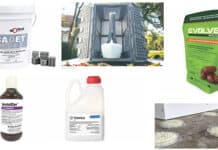
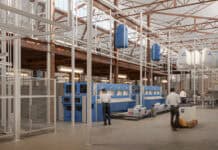

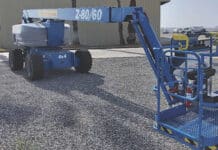
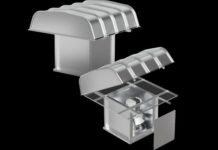
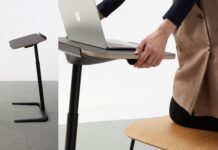

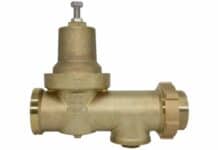


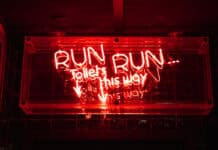




![[VIDEO] Job Order Contracting: Accelerating the Projects that Matter](https://facilityexecutivemagazine.kinsta.cloud/wp-content/uploads/2024/05/maxresdefault-324x160.jpg)
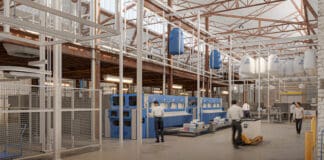
This is nice, thanks for sharing the information.